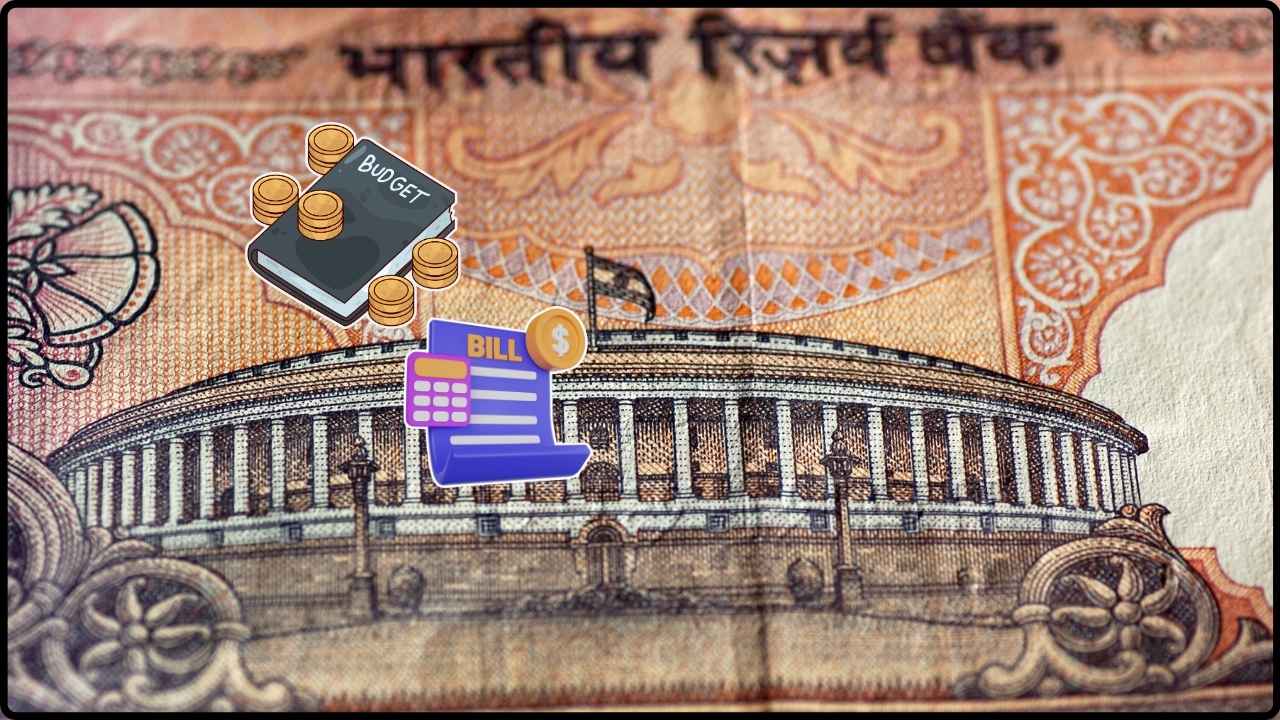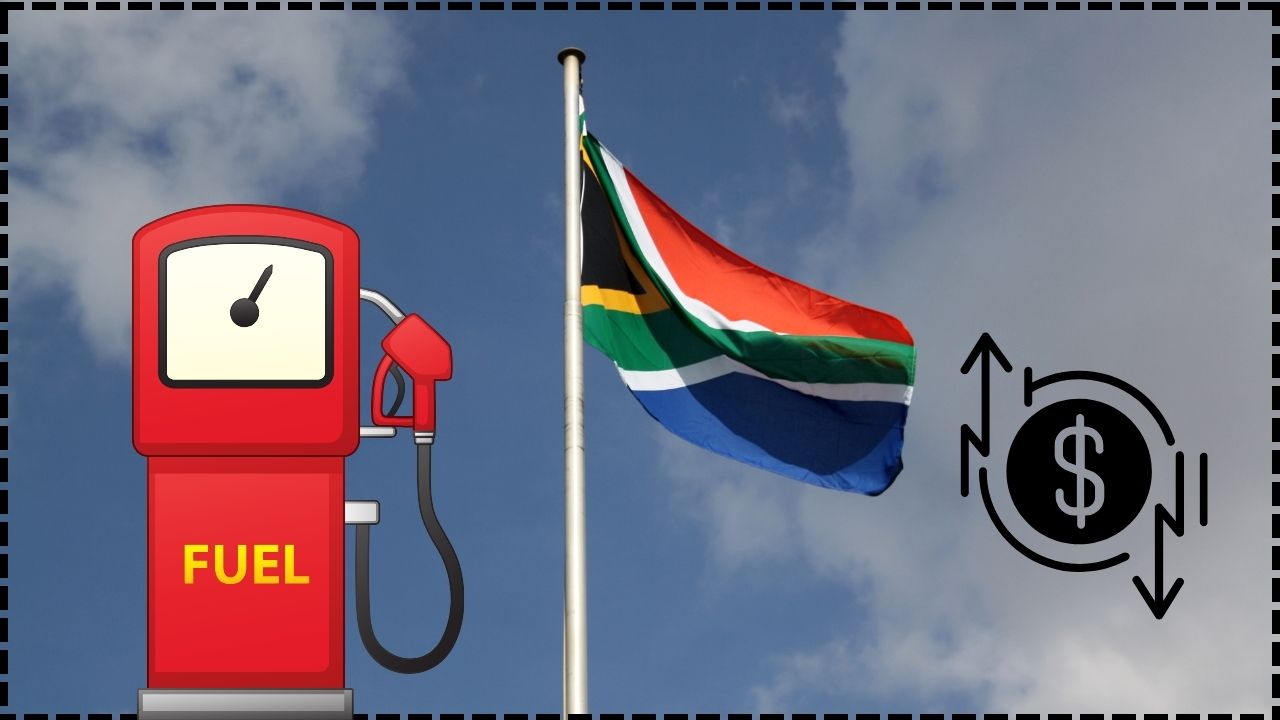Supreme Court Takes Action: In a significant development, the Supreme Court of India has issued a notice to the Indian Medical Association (IMA) in response to a crucial Goods and Services Tax (GST) dispute. This legal battle involves the taxation of services provided by associations and clubs to their members. At its core, this dispute is about more than just tax law—it is about the balance between policy, legal interpretation, and the practical challenges faced by organizations like the IMA. In this article, we will break down what is happening, why it matters, and what could happen next. The Supreme Court’s decision to take up this matter signals that the outcome could have far-reaching consequences for the GST system, particularly for medical organizations and other associations that provide services to their members. Let’s dive into the details of the case, what led to the dispute, the arguments made, and what professionals in the medical, legal, and business sectors can expect as this case unfolds.
Supreme Court Takes Action
The Supreme Court’s intervention in the GST dispute involving the IMA is a crucial moment for the interpretation and application of GST laws in India. The case has the potential to reshape how member-based organizations, particularly in the medical and professional sectors, approach taxation. If the Court rules in favor of the Union Government, it could lead to a more extensive application of GST laws to similar organizations across India. As this case unfolds, it’s important for professionals, organizations, and tax experts to closely monitor the developments. The final ruling could lead to significant changes in the taxation landscape for various sectors and set new precedents for future cases involving member-based services and GST compliance.
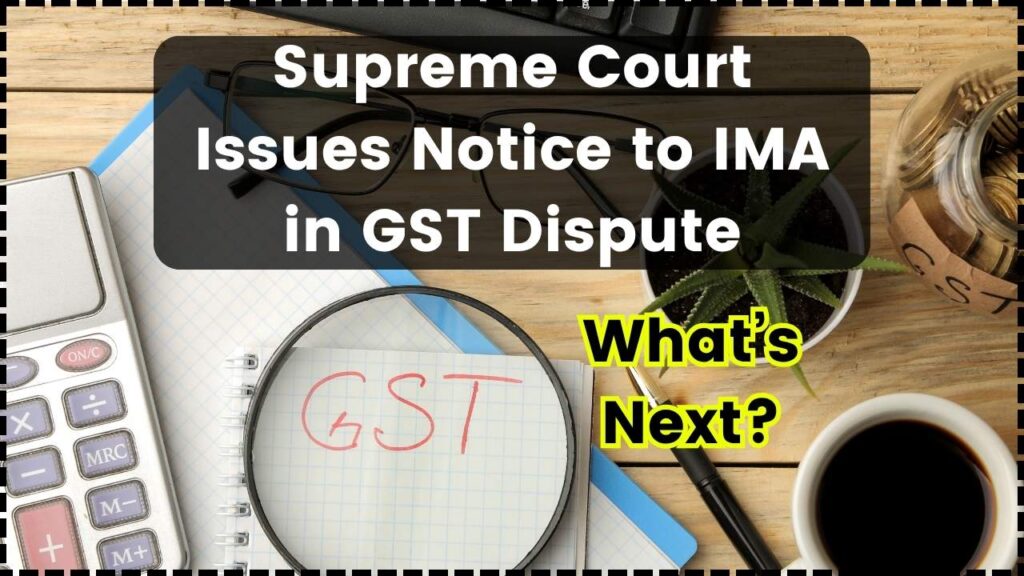
| Topic | Details |
|---|---|
| Court Involved | Supreme Court of India |
| Primary Dispute | GST applicability on services provided by clubs/associations to members |
| Parties Involved | Indian Medical Association (IMA), Union Government |
| Key Legal Issue | Whether services provided by associations to members should be taxed under GST |
| Current Status | Supreme Court has issued a notice to the IMA, seeking a response to the Union Government’s plea |
| Potential Impact | Could affect GST laws for all similar organizations offering member-based services |
| Key Date | Supreme Court’s ruling could shape future GST interpretations |
| Reference | Official IMA Website |
Understanding the GST Dispute: What’s the Big Deal?
The Goods and Services Tax (GST) was introduced in India in 2017 to simplify the tax structure and make it more efficient. However, over the years, the implementation of GST has led to various legal challenges, particularly concerning which goods and services should be taxed and at what rate.
The current dispute centers around the Indian Medical Association (IMA), which is contesting the applicability of GST on services it provides to its members. At the heart of this case is the issue of whether these services should be classified as taxable under GST. The IMA argues that these services fall under the principle of mutuality, which suggests that transactions between an association and its members are not taxable because the provider and the receiver are essentially the same.
In simple terms, the IMA believes that since it serves its members who are also its contributors, these services should not be subjected to GST. On the other hand, the Union Government argues that services provided by organizations like the IMA should be taxed, as they fall under the broader GST framework introduced by the Finance Act of 2021.
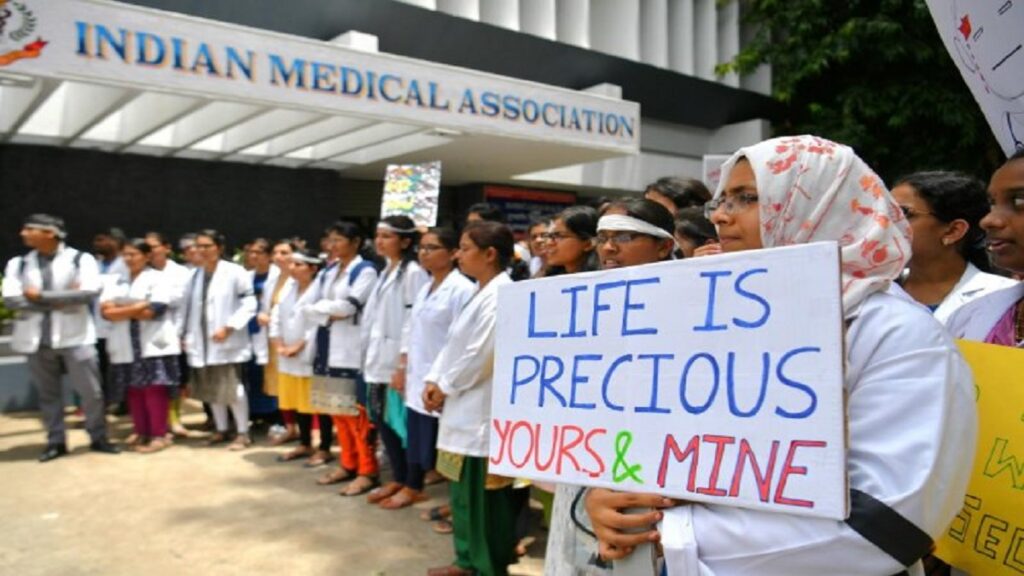
What Happened Before the Supreme Court Takes Action?
Before the case reached the Supreme Court, the Kerala High Court ruled in favor of the IMA. The High Court struck down provisions of the Central GST Act that sought to tax services provided by the IMA to its members. The Court relied on the principle of mutuality, determining that the services rendered by the IMA were not taxable because they were internal transactions within a member-based organization.
However, the Union Government was not satisfied with the ruling and appealed the case to the Supreme Court. The government argued that the Finance Act of 2021 explicitly amended the GST laws to include services provided by clubs, societies, and associations to their members as taxable supplies.
In response, the Supreme Court has issued a notice to the IMA, asking the association to respond to the Union Government’s plea. This is a pivotal moment in the case, as the Supreme Court’s decision will clarify whether the services provided by the IMA—and other similar organizations—should be taxed under the GST framework.
What’s Next for This Case?
1. How Will the Supreme Court Rule?
The key question in this case is whether the Supreme Court will uphold the Kerala High Court’s judgment or reverse it. If the Kerala High Court’s ruling is upheld, it would be a huge victory for professional associations like the IMA, potentially exempting them from paying GST on services provided to their members. However, if the Supreme Court rules in favor of the Union Government, it would mean that services offered by member-based organizations would be taxable under GST, even if the members are not receiving these services in a traditional commercial context.
2. Broader Implications for GST Law
If the Court sides with the Union Government, the ruling would have widespread implications for how GST is applied to all kinds of organizations, not just the IMA. This includes professional bodies, sports clubs, and charitable organizations that provide services to their members. For these organizations, the imposition of GST could lead to increased administrative costs, compliance burdens, and changes to the pricing of their services.
Conversely, if the Court favors the IMA’s position, it may open the door for similar organizations to contest GST charges on member services, potentially leading to a significant shift in the taxation of services within India.
3. No Immediate Recovery Action
While the case is being decided, the Supreme Court has placed a temporary stay on recovery actions against the IMA. This means that, for now, the government cannot demand any payments or impose penalties on the IMA related to the GST charges being contested. This ruling gives the IMA some breathing room but does not affect the outcome of the case itself.
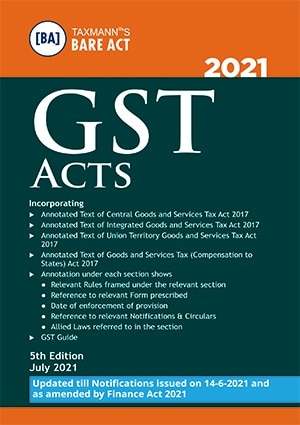
Key Legal Concepts: A Deeper Dive
Understanding the legal framework behind this case is essential for comprehending its implications.
What is GST?
The Goods and Services Tax (GST) is a single, unified tax applied to most goods and services in India. The law came into effect on July 1, 2017, and replaced a complex set of indirect taxes. The primary objective of GST was to simplify the tax system, making it easier for businesses to comply and reducing the cascading effect of taxes on consumers.
What is the Principle of Mutuality?
In tax law, the principle of mutuality suggests that when an organization provides services to its members—especially if the members are also the contributors to the organization—the transaction may not be subject to tax. This concept is especially relevant in the context of cooperatives, clubs, and associations where the services provided are viewed as internal transactions rather than taxable events.
In this case, the IMA argues that services provided to its members should fall under this principle of mutuality, making them exempt from GST.
The Finance Act of 2021
The Finance Act of 2021 amended the GST laws to clarify that services provided by clubs, societies, and associations to their members should be treated as taxable supplies. This amendment was introduced to address ambiguities in the earlier interpretation of GST laws.
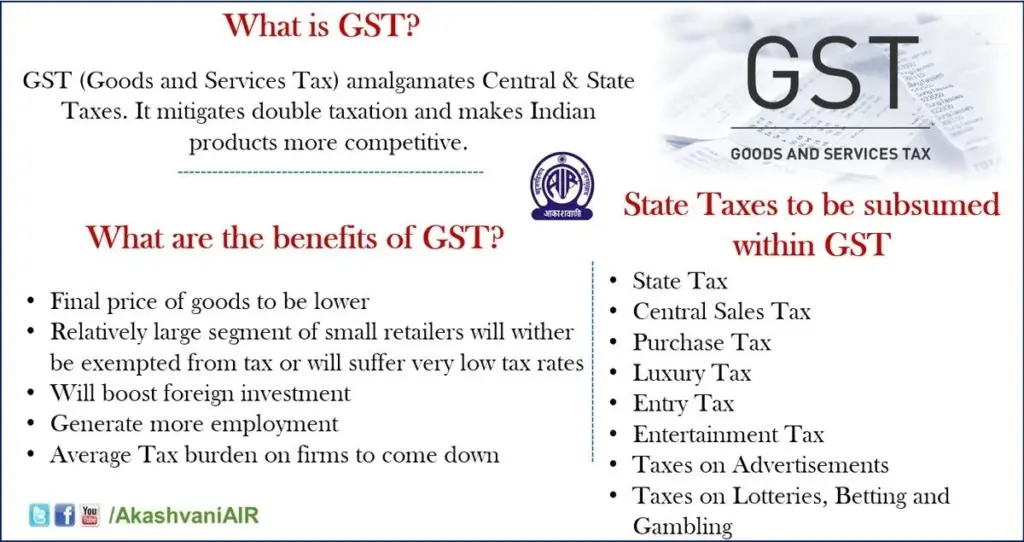
Say Goodbye to In-Person GST Hearings: ‘Faceless Adjudication’ System to Be Tested from Friday
7,000 Vendors Without Registration Now Targeted in Karnataka—Here’s How to Avoid Penalties


